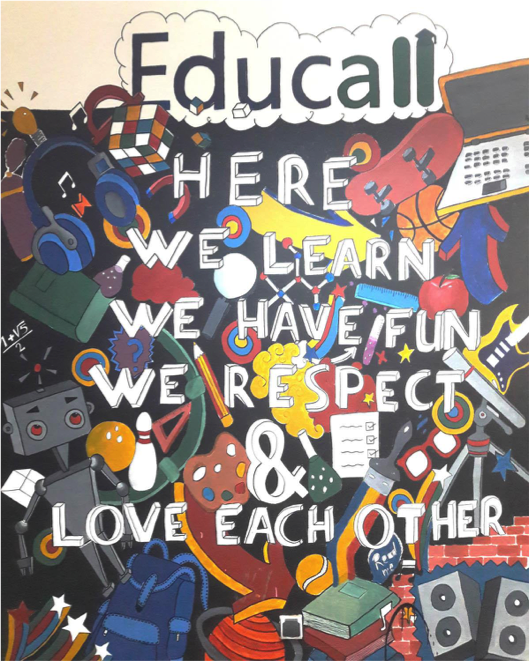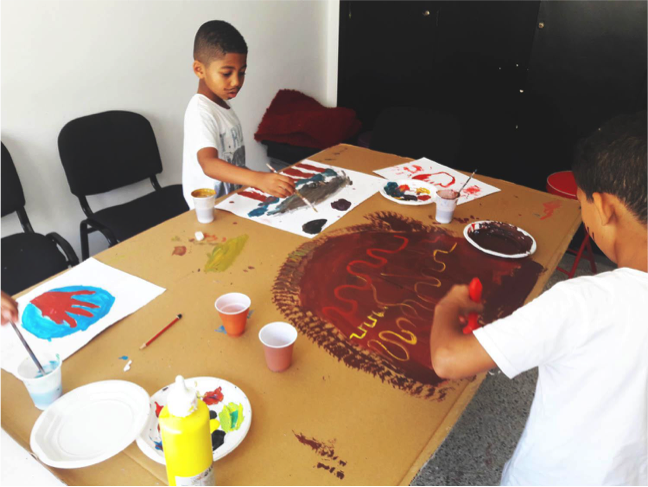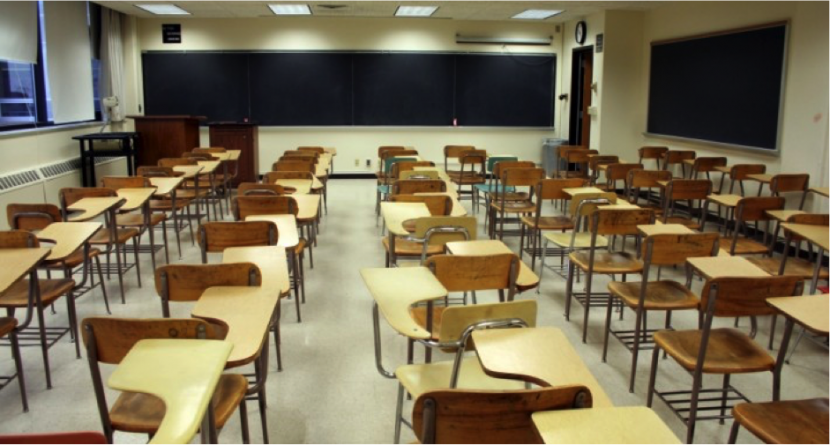In any country, education is key to development and its slightest neglect can have alarming consequences for the well-being of children and their future. In 2017, the Moroccan Court of Accounts published a report highlighting certain shortcomings in the national education system such as lack of teachers and services or even dilapidated and overcrowded classrooms.
Even if these issues are most often interrelated, the last few years have witnessed a renewal in the education system originating from non-formal education. This non-formal education intervenes in many academic, cultural and artistic domains and adapts to the education problems faced in the Kingdom.
An education system in danger
Although the Moroccan state devotes 25% of its budget to education and has adopted a “strategic vision of educational reform”, between 2015 and 2030 according to the UNESCO, Morocco is and will be part of 25 least developed countries in terms of schooling. Whilst 98% of second-level students in the public come from poor to middle-class families, wealthy families prefer private schools.
Indeed, the serious problems have been strongly emphasised by the Higher Council for Education, Training and Scientific Research with a highlight on the very low level of students in secondary language and mathematics.
The general poor state of classrooms and schools has resulted in the closure of 9,000 classrooms and more than 1,000 schools. Some establishments are not connected to sanitation, water and electricity networks. In addition to this dilapidation, there is a cruel lack of staff, which then leads to significant class size. The average is estimated at 40 students per class, whilst among the OECD member countries, the average is of 20 students per class. The lack of teachers also leads to reductions or even suspension of certain subjects. These issues led to a significant increase in drop-out rates.
Whilst the Moroccan education system presents failures, we can nevertheless note the civilians’ efforts to restore hope for children.
The expansion of “non-formal” education, an indispensable instrument of school integration

Children in situations of abandonment or dropping out of school can be integrated into non-formal education. Non-formal training is most often the work of associations, non-governmental organisations (NGOs), faith-based groups or even start-ups offering courses that are aligned and complementary to the national education system. At the end of the programme, children who have acquired the necessary level can return to formal education. Others can continue their journey in Non-Formal Education.
In recent years, Morocco has experienced a strong ambition coming from civil society to give a taste to education, through non-formal education, particularly in the sphere of start-ups.
This is the case, for example, of Yassine Ettayal, co-founder of Educall. His vision is “to ensure the development of children, regardless of their social class and through programmes and activities.” Initially, the start-up focused on 2 components: activities within the centre and programmes with orphanages. Then, from June 2017, it was decided to focus only on the Lalla Meriem center, which welcomes abandoned children without family protection. Yassine Ettayal said that “the idea of this collaboration is to set up a programme that contains activities and then duplicate them throughout Morocco. “
Educall is based on 2 main programs. The first one, named “Ancrage”, aligned with the conventional school curriculum, consists of working on children’s knowledge and skills, based on the tools that make education fun, with the pedagogy of play.
The second, entitled “Éclore”, which goal is to ensure the development of children, and to go further than the Anchoring program, through various projects. The Éclore programme covers topics such as science / technology, art / culture, communication and offers more specific programmes such as Summer School. It offers several activities and themes, for example: ‘She Can’ (Girls Empowerment Programme), which mainly targets girls aged 10 to 14, and which goal is to strengthen their self-confidence, help them find themselves, discover their identities, break down prejudices, and work on girls as pillars of society. “What was interesting about this program, for example, is the impact we found on girls. After several days of activities, we noticed that the girls have changed their mentality, their way of thinking, their way of seeing themselves as girls. Encouraging them to believe in what they want helps them pay less attention to negative comments and do what they want to do.”
Give children the right to dream

“What we can notice with education in Morocco today is that everyone has become an actor, and everyone can change things and develop the Nation. We should work together: parents, teachers, schools, institutions, ministries, everyone really has their role. All these components must be involved and schools must be a place where children can meet, a place they own so that they can be creative, and discover several elements to develop their passions. “
“The right I really want Moroccan children to enjoy is the right to dream, because the goal is to encourage the children to dream. Through the experience with Educall, we noticed that children have an infinity of dreams that go through their heads, and a few years later, there can be a catastrophic silence because the children can no longer get to project in the future, one must not restrain it in one’s dreams. That’s what I saw with children, and planning for the future allows them to develop their passions and achieve goals. This is what we need in Morocco. An infant should not start thinking about the constraints.
Then as parents, you have to work and develop this exercise with the children, to encourage them to dream, to put them in situations where they are able to discover their passions. Because I think that if education is the key to progress, passion is the key to development, intellectual wealth; because working on the passion of children, they will develop even better in adulthood “
Written by Eddy Malouli
Proofread by Charlotte Madrangeas
Sources
http://www.leseco.ma/decryptages/evenements/58319-de-multiples-dysfonctionnements-entachent-l-organisation-scolaire.html
https://www.huffpostmaghreb.com/2017/06/19/education-maroc-classes-surchargees-rapport-accablant-cour-des-comptes_n_17204732.html


